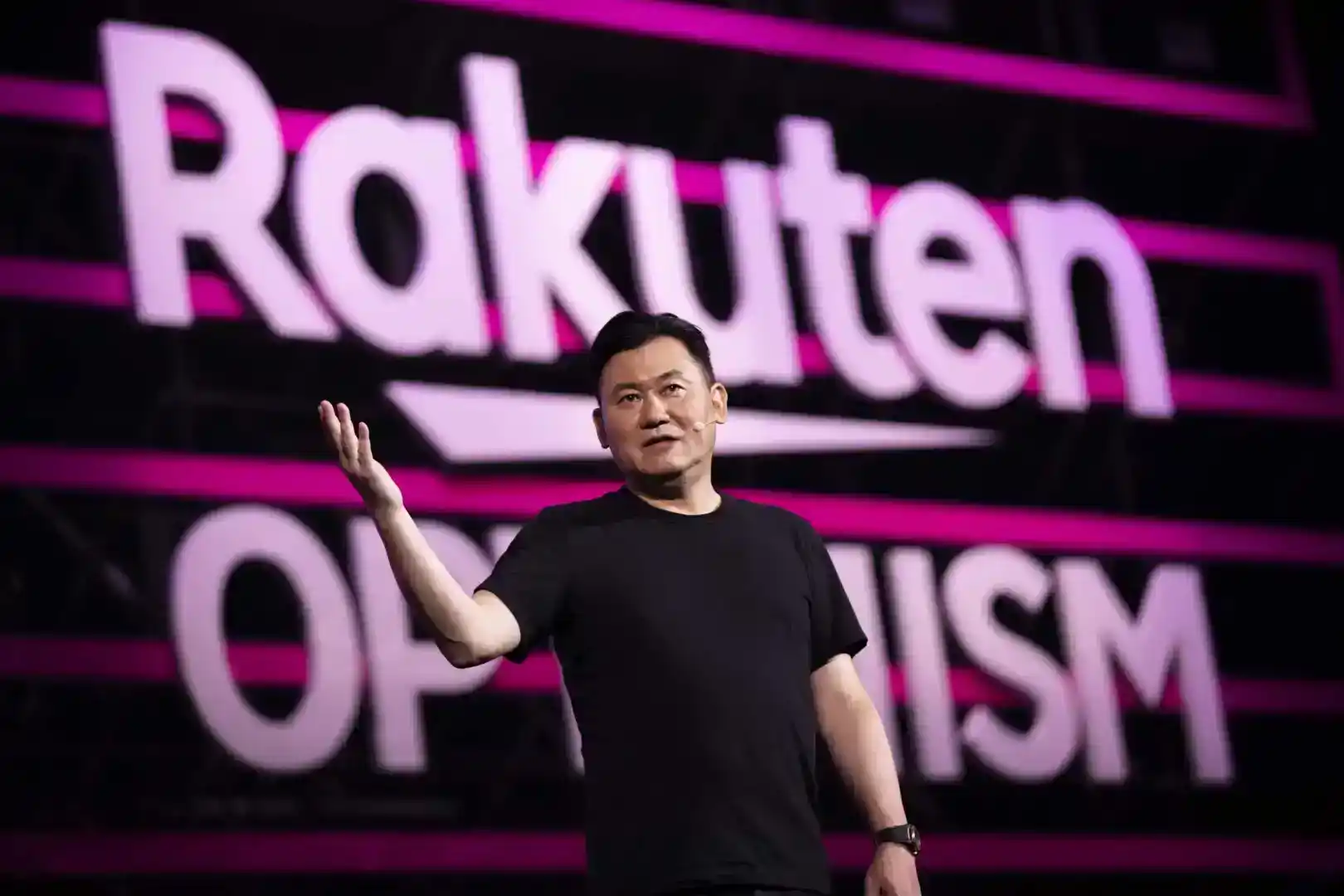Table of Contents
Rakuten’s CEO revealed plans for their artificial intelligence language model, set to debut in two months, as shared in a recent CNBC interview. The move signifies the fintech and e-commerce titan’s endeavor to join the league of tech firms advancing in this swiftly expanding technology landscape. Rakuten aims to introduce its cutting-edge Rakuten LLM within the specified timeline. It aligns with a strategic push to contribute to the development and innovation within the AI domain, marking a significant step forward in its technological evolution.
What does Rakuten Company do?
Rakuten Group serves global users with diverse offerings in e-commerce, fintech, digital content, and communication services. Providing a wide spectrum of solutions, Rakuten caters to a broad user base across the globe, delivering convenience and innovation in various sectors like online shopping, financial technology, digital content, and communication platforms.

Rakuten LLM: Pioneering a Large Language Model for AI Advancements
Hiroshi “Mickey” Mikitani revealed Rakuten’s endeavor to develop its substantial language model, known as Rakuten LLM. These extensive algorithms, akin to OpenAI’s ChatGPT, are nurtured on colossal datasets, forming the backbone of various AI applications. Mikitani emphasized the significance of these models in powering artificial intelligence technologies. Rakuten’s pursuit aligns with harnessing such advancements to bolster its capabilities, indicating a strategic move to leverage proprietary technology for fostering innovation in AI-driven solutions, marking a notable step in the company’s commitment to advancing language models and their broader applications in the tech landscape.
Mikitani notes that Rakuten, spanning across banking, e-commerce, and telecommunications, possesses a vast reservoir of distinct data. This diverse array of information stands as a key resource to train and refine the Rakuten LLM. The conglomerate’s multifaceted ventures contribute to a rich pool of “very unique” data, providing a substantial foundation for the development and enhancement of their Large Language Model (LLM).
This wealth of diverse data sources from various sectors within Rakuten’s operations serves as a strategic advantage in fortifying and tailoring their LLM for optimal performance and adaptability.
He further emphasized that our dataset is unparalleled.
Mikitani stated that the AI model will be utilized within the company to enhance operational efficiency and marketing by 20%.
Additionally, he aims to extend the opportunity of utilizing the model to external enterprises, similar to the approach adopted by Amazon or Microsoft.
According to Mikitani, we can efficiently educate businesses, package the solution, and offer them a platform that they can fully utilize for their business operations.
Rakuten’s Leap into Advanced AI-Language Models
Rakuten’s CEO expressed anticipation, stating they’d unveil something within a couple of months regarding their Rakuten LLM. This move aligns with the trend set by significant tech giants from the U.S. and China, who’ve introduced their large language models. This announcement signifies Rakuten’s proactive stance in joining the league of companies delving into sophisticated AI language models. Their forthcoming release indicates a strategic move towards bolstering their technological prowess in the domain of language models, potentially contributing to the evolving landscape of AI innovation.
In the U.S., OpenAI, Amazon, and Google lead in AI. China’s Baidu, Alibaba, and Tencent also launched their models. Japanese companies are working to catch up with their U.S. and Chinese peers. While falling behind, they strive for progress. NTT, a telecom group, unveiled plans this month for its proprietary LLM, set to debut in March. Among Japanese efforts, Rakuten LLM aims to contribute to this push, symbolizing Japan’s determination to advance in the AI landscape, and showing promise in narrowing the gap with established players through innovative developments in language modeling.
SoftBank’s telecom division declared the activation of its generative AI computing platform in November. This move presents Japanese companies with an opportunity to develop large language models (LLMs) tailored to Japanese, possibly offering a competitive advantage against U.S. and Chinese counterparts. Mikitani highlighted that Rakuten’s venture into AI is poised to drive substantial profitable growth for the company, underscoring the significance of Rakuten LLM in its strategic advancements.